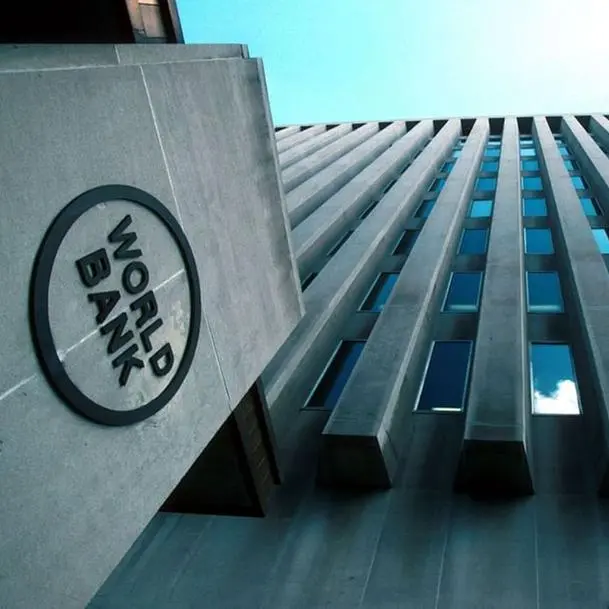PHOTO
Kuwait's budget deficit for the fiscal year 2023-2024 is projected to be significantly lower than anticipated thanks to high-than-budgeted oil prices, according to a report by local think-tank Al-Shal Centre.
The OPEC producer assumed an oil price of $70/barrel for the fiscal year 2023-2024, which ended on 31 March, but actual prices averaged nearly $84, Al-Shal Centre said.
In a report published this week, the think-tank said Kuwait initially projected a budget shortfall of approximately 6.8 billion Kuwaiti dinars ($22.6 billion), with estimated revenues of KWD19.46 billion ($64.22 billion) and spending at KWD26.32 billion ($86.82 billion).
However, actual oil revenues are expected to reach around KWD21.28 billion ($70.12 billion). This, along with increased non-oil revenue, could push total revenue to KWD23.58 billion ($77.81 billion)
This means the actual deficit is expected to plunge to nearly $7.69 billion, nearly a third of the forecasted shortfall in the 2023-2024 budget, according to the report.
“The deficit may be reduced further in case actual expenditure is curtailed as was the case in some previous fiscal years,” it said.
(Writing by Nadim Kawach; Editing by Anoop Menon)
Subscribe to our Projects' PULSE newsletter that brings you trustworthy news, updates and insights on project activities, developments, and partnerships across sectors in the Middle East and Africa.





















